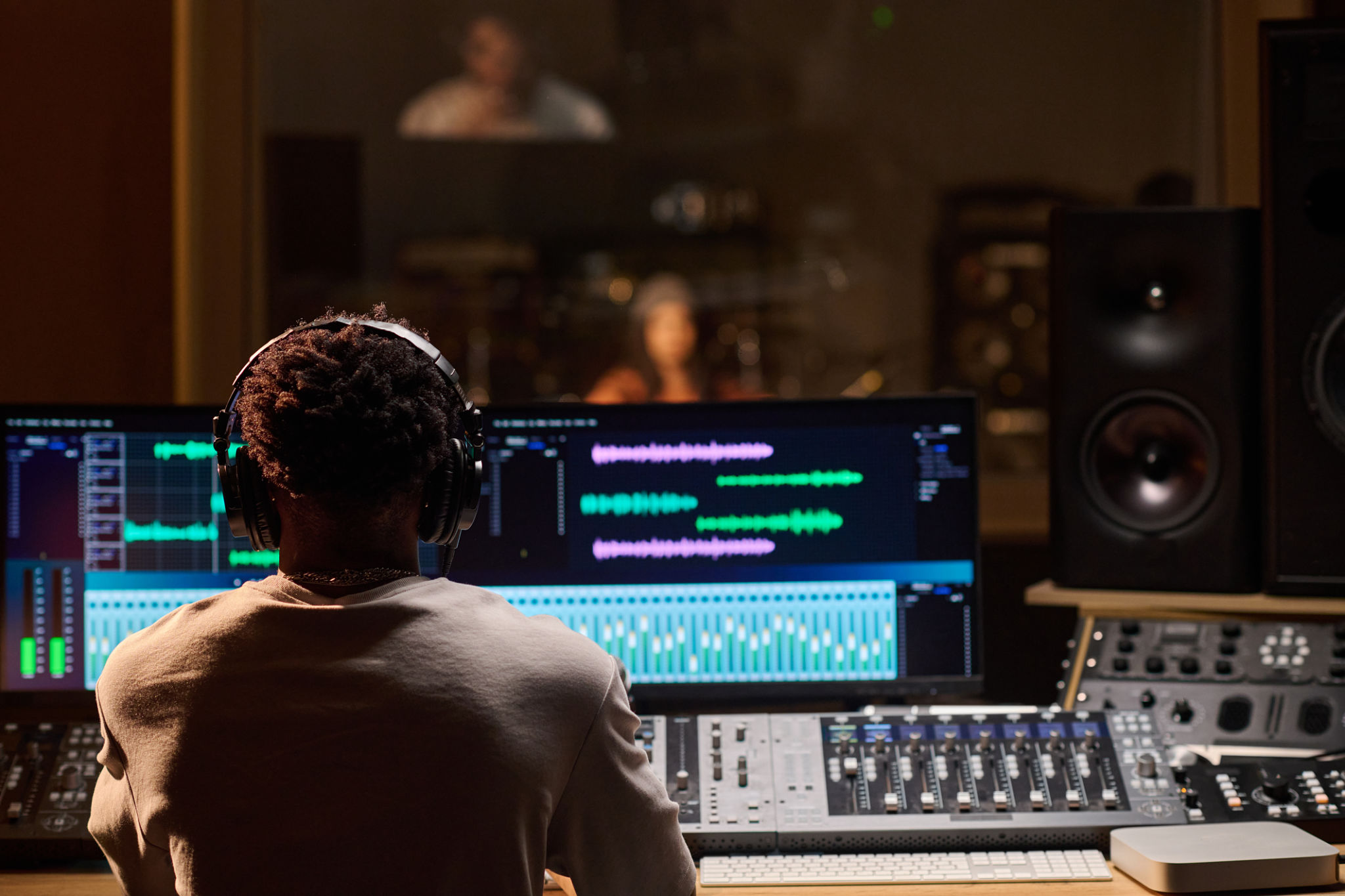Choosing the Right Podcast Equipment: A Guide for Beginners
Starting Your Podcast Journey
Embarking on a podcasting journey can be both exciting and overwhelming. With the plethora of equipment available, choosing the right tools as a beginner is crucial for setting a strong foundation. Understanding the essentials will help you create quality content without breaking the bank.

Microphones: The Heart of Your Setup
The microphone is arguably the most important piece of podcasting equipment. As a beginner, you have two main options: USB and XLR microphones. USB microphones are plug-and-play, making them ideal for beginners. They offer decent sound quality and are easy to set up. On the other hand, XLR microphones provide superior sound quality but require additional equipment like an audio interface.
Headphones: Monitoring Your Audio
Investing in a good pair of headphones is essential for monitoring your audio while recording and editing. Look for closed-back headphones to prevent sound leakage. This ensures you hear your recording accurately, helping you make necessary adjustments for the best audio quality.

Audio Interfaces and Mixers
If you opt for an XLR microphone, you’ll need an audio interface or mixer. These devices connect your microphone to your computer and convert analog signals into digital format. For beginners, a simple two-channel interface is often sufficient. Mixers offer more control over your audio but come with a steeper learning curve.
Recording Software
Choosing the right recording software is vital for editing and producing your podcast. There are many free and paid options available. Audacity is a popular free choice, offering basic editing tools. If you’re looking for more advanced features, consider investing in software like Adobe Audition or GarageBand.

Pop Filters and Boom Arms
To enhance your sound quality, consider using a pop filter. It helps reduce plosive sounds caused by the letters ‘P’ and ‘B’. Additionally, a boom arm allows you to position your microphone optimally, reducing desk vibrations and freeing up space.
Soundproofing Your Space
Creating a suitable recording environment is just as important as the equipment. Use acoustic panels or foam to minimize echo and background noise. Even simple solutions like recording in a small, carpeted room or hanging blankets on walls can make a significant difference.

Additional Accessories
Depending on your needs, you may want to invest in additional accessories. Some popular choices include:
- Shock mounts to reduce vibrations
- Audio cables for better connectivity
- Portable recorders for on-the-go interviews
Conclusion: Building Your Podcast Kit
Choosing the right podcast equipment as a beginner involves balancing quality with affordability. Start with the essentials and gradually upgrade as your experience grows. Remember, great content is key, and the right equipment will help you deliver it effectively. Happy podcasting!